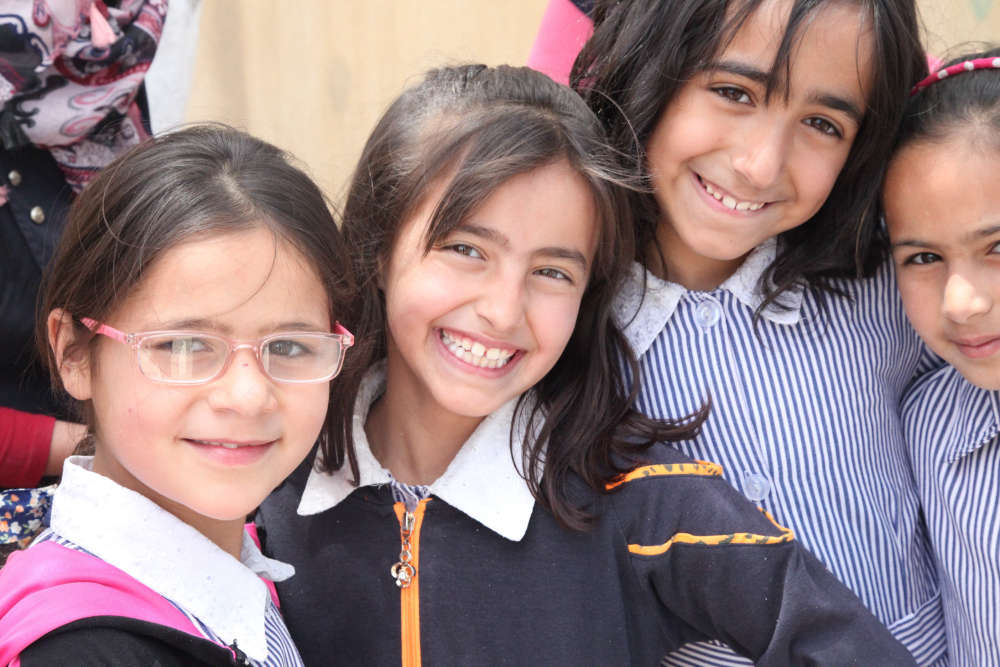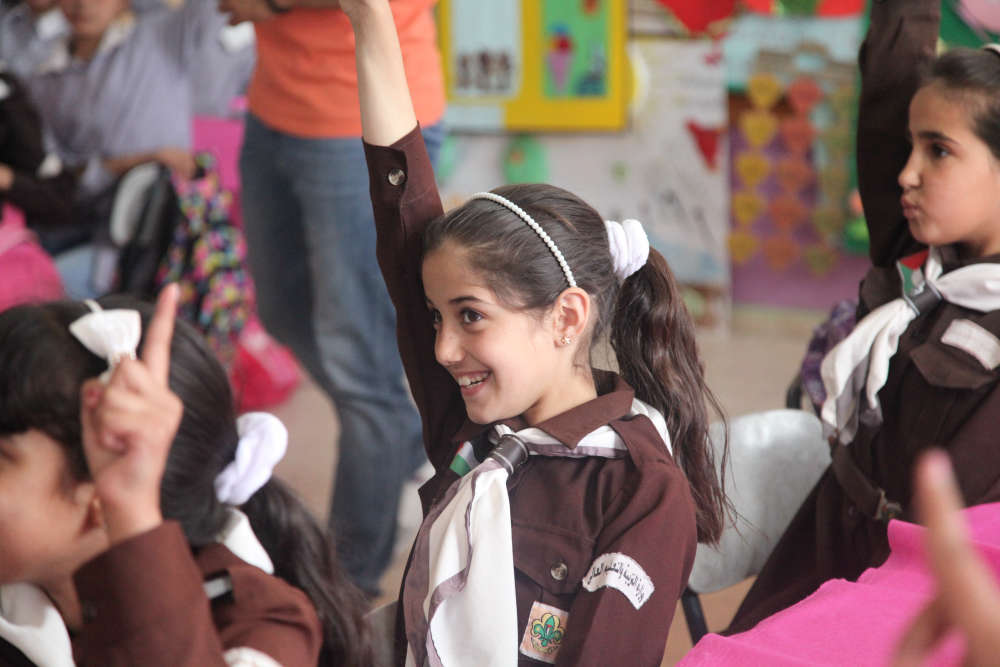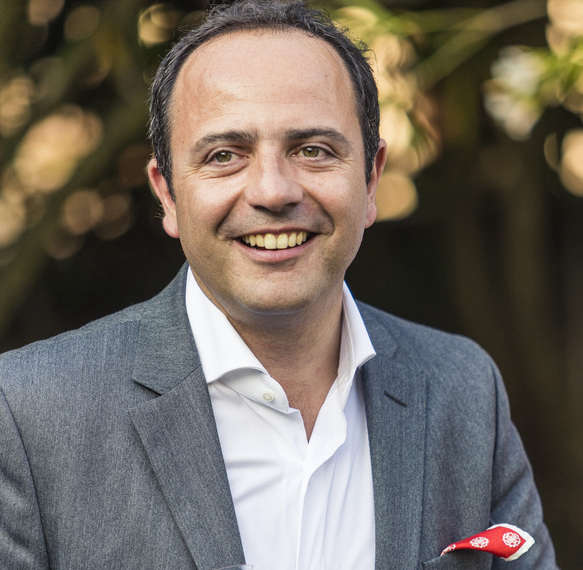Education lies at the heart of the 2030 Agenda for Sustainable Development and is key for progress toward the achievement of all Sustainable Development Goals (SDGs). Within the 2030 Agenda, education is essentially articulated as a stand-alone goal (SDG 4), with 10 targets that encompass many different aspects of education, all aiming to ensure inclusive and equitable quality education and promote lifelong learning opportunities for all.i Achieving quality inclusive education for all is rooted in the belief that education is one of the most powerful vehicles for sustainable development. All SDGs are interdependent and can only be achieved if implemented together. Therefore, education must be better articulated within other development sectors, especially health, economic growth and decent work, sustainable consumption and production, and climate change.
The education agenda 2030 aims to ensure that all girls and boys complete free primary and secondary schooling by 2030; it also aims to provide equal access to affordable vocational training in order to eliminate gender and wealth disparities, and achieve universal access to quality higher education.
In the current political context in Palestine, barriers to the right to education are increasing, especially during recurrent political violence and due to discrimination. In Gaza, both the infrastructure and the quality of learning have deteriorated significantly over the past ten years. Many schools have been damaged or destroyed as a result of the recurring conflicts, further increasing the pressure on education facilities that are forced to operate on a double-shift system, limiting students’ access to the classroom to only four hours per day. Palestinian students are affected every day; repeated attacks on students and teachers impact studies and mental health. While indicators show very satisfactory progress toward targets related to basic and secondary education and on literacy rates,ii a smooth transition from secondary to tertiary education and from education to work as well as teacher training remain significant challenges in Palestine. In 2016, Palestine had 1.2 million school students and a high level of basic educational attainment. The net-enrollment rate for basic education is 94.6 percent, for secondary education, 68.6 percent.iii The literacy rate in Palestine is 96.7 percent for persons aged 15 years and over.iv The overall dropout rate for boys and girls aged 6 years and older is 24.6 percent, the majority of them being over 18 years old.v

The Education 2030 Agenda requires enhanced multi-stakeholder partnerships between state and non-state actors for transparent implementation, monitoring, and accountability. In its capacity as the technical adviser of the Education
Sector Working Group
(ESWG) – an interactive platform where policy and decision-makers, donors, and partners effectively engage in policy dialogue – UNESCO continues to support Palestine in the delivery of its priorities related to education, as stated in SDG 4 and the NPA.
Despite all these obstacles that limit access to quality education, the implementation of SDG 4 is one of Palestine’s main priorities. UNESCO believes that the implementation of SDG 4-Education 2030 must be government-owned and -led in order to effectively translate the global education agenda into achievable national policies, plans, targets, initiatives, or actions based on respective national development needs. In Palestine, the government’s National Policy Agenda 2017–2022 (NPA) titled Putting Citizens First, aligns perfectly with the spirit of the SDGs – an agenda of the people, by the people, and for the people. Priority 8 of the NPA on Quality Education for All promotes all targets of the SDG 4 agenda and is exemplary for the adaptation of national education policy, planning, and management to the 2030 goals and targets in the Palestinian context.

The Ministry of Education and Higher Education (MoEHE) has announced that technical, vocational education and training (TVET) is one of the ministry’s top priority areas due to its relevance, quality, and appeal. Currently in Palestine, there is a tendency for the sector to attract low-level achievers. Coupled with the low professionalism of TVET teachers and the sector’s lack of relevancy to the labor market, this means that TVET is seen as a residual pathway for young people.
UNESCO supports the participation of the Palestinian education system in the drafting of development policies for the effective implementation of SDG 4 at the regional level, through the active involvement of MoEHE in regional strategic meetings organized by UNESCO
Target 4.3 aims to ensure equal access for all women and men to affordable and quality technical, vocational, and tertiary education, including university. It emphasizes the skill development of youth and adults, including technical and vocational skills, for employment, decent jobs, and entrepreneurship. Evidently, access to education needs to go hand in hand with equitability. Target 4.5 aims to eliminate gender disparities in education and ensure equal access to all levels of education and vocational training for the vulnerable, including persons with disabilities, indigenous peoples, and children in vulnerable situations.
UNESCO’s work around the globe with and for youth is dedicated to empowering young women and men, and supporting them to cooperate with each other to drive social innovation and change, participate fully in the development of their societies, eradicate poverty and inequality, and foster a culture of peace. In Palestine, UNESCO engaged thousands of youth through the implementation of the Networks of Mediterranean Youth (NET-MED Youth)6 project, funded by the European Union. NET-MED Youth aims to create an enabling environment for young women and men to develop their competencies, exercise their rights, and meaningfully engage as active citizens. Youth access to skills and employment is a major component within the NET-MED project.
In May 2017, the first Skills Forecasting Simulation Model in Palestine was launched. The model was developed by UNESCO in partnership with the Palestine Economic Policy Research Institute-MAS and with the cooperation of the Ministry of Labor and the MoEHE. It provides projections on the future supply and demand of skills in the labor market. The model works on the anticipation and identification of skill needs and translates this into curricula and training programs as well as employment strategies, further contributing to the enhancement of skill development of youth and adults in Palestine for employment, decent jobs, and entrepreneurship.
UNESCO believes that education can transform lives and light every stage of the journey to a better life, especially for the most vulnerable. Obtaining a quality education is therefore a fundamental human right and an indispensable foundation to improve people’s lives and sustainable development. Partnerships are essential to achieve this common goal and to agree on respective roles and responsibilities to work side by side toward ensuring inclusive and equitable quality education and lifelong learning opportunities for all in Palestine.
Other Sources:
- “Unpacking Sustainable Development Goal 4 Education 2030”:
http://unesdoc.unesco.org/images/0024/002463/246300E.pdf. - “Incheon Declaration and Framework for Action for the Implementation of SDG 4”: http://unesdoc.unesco.org/images/0024/002456/245656e.pdf.
i For information on the SDGs, see https://sustainabledevelopment.un.org.
ii Global Education Monitoring Report 2016, Education for people and planet, UNESCO 2016. The report is available at http://en.unesco.org/gem-report.
iii Palestinian Central Bureau of Statistics, 2017, The Status of the Rights of Palestinian Children, 2016, Ramallah – Palestine, http://www.pcbs.gov.ps/Downloads/book2275.pdf.
iv PCBS: http://www.pcbs.gov.ps/Portals/_Rainbow/Documents/Educ_MI_E.htm.
v PCBS: http://www.pcbs.gov.ps/Portals/_Rainbow/Documents/Education-1994-2013-09E.htm.
vi For more information on NETMED, see http://www.netmedyouth.org.


